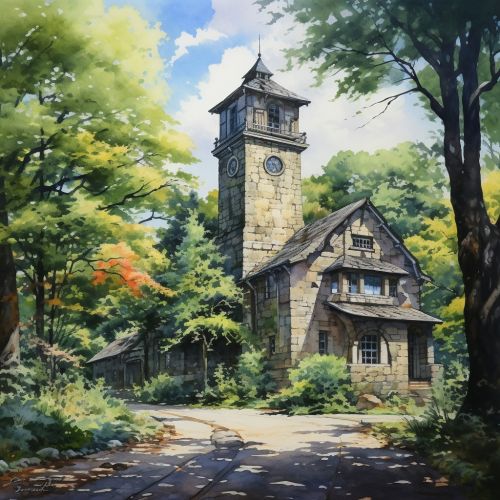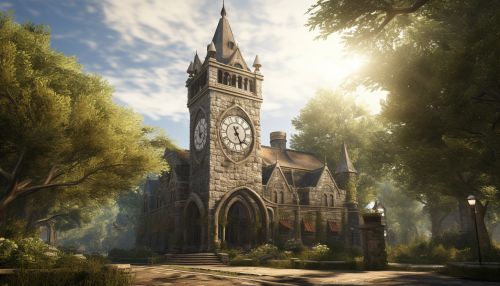University of Colorado
History
The University of Colorado system was established in 1876, five months before Colorado became a state. The university's first building, Old Main, was built in Boulder, a city chosen for its central location within the state. The first classes were held in 1877 with a student body of 44 and a faculty of three. The university's first president, Joseph Sewall, was appointed in 1877.


The university expanded rapidly in the early 20th century, with the addition of the College of Engineering and Applied Science in 1893, the School of Medicine in 1893, and the Graduate School in 1910. The university also began to establish a reputation for research, particularly in the natural sciences.
During the 1960s and 1970s, the university was a center of student activism and was the site of several significant protests against the Vietnam War. In the 1980s and 1990s, the university expanded further, adding new colleges and programs, and increasing its focus on research.
Campuses
The University of Colorado system is made up of four campuses: the University of Colorado Boulder, the University of Colorado Colorado Springs, the University of Colorado Denver, and the University of Colorado Anschutz Medical Campus.
University of Colorado Boulder
The University of Colorado Boulder is the flagship campus of the University of Colorado system. It is located in Boulder, Colorado, and is known for its programs in engineering, business, law, and the sciences. The campus is home to the Fiske Planetarium, the Museum of Natural History, and the Norlin Library, which is one of the largest academic libraries in the Rocky Mountain region.
University of Colorado Colorado Springs
The University of Colorado Colorado Springs is located in Colorado Springs, Colorado. It offers undergraduate and graduate degree programs in the liberal arts and sciences, business, engineering, health care, and education. The campus is home to the Kraemer Family Library and the Ent Center for the Arts.
University of Colorado Denver
The University of Colorado Denver is located in Denver, Colorado. It offers undergraduate and graduate degree programs in the liberal arts and sciences, business, engineering, and health care. The campus is home to the Auraria Library and the Emmanuel Art Gallery.
University of Colorado Anschutz Medical Campus
The University of Colorado Anschutz Medical Campus is located in Aurora, Colorado. It is one of the newest education, research and patient care facilities in the world. The campus is home to the University of Colorado Hospital and Children's Hospital Colorado.
Academics
The University of Colorado offers a wide range of undergraduate and graduate degree programs across its four campuses. The university is classified as an R1 Doctoral University, indicating the highest level of research activity.
The university's academic programs are organized into colleges and schools. These include the College of Arts and Sciences, the College of Engineering and Applied Science, the Leeds School of Business, the School of Education, the School of Law, and the School of Medicine.
The university is known for its strong programs in engineering, business, law, and the sciences. It is also home to several research centers and institutes, including the JILA Institute for quantum physics, the Institute of Arctic and Alpine Research, and the Renewable and Sustainable Energy Institute.
Student Life
Student life at the University of Colorado is vibrant and diverse, with a wide range of clubs, organizations, and activities for students to participate in. The university's athletic teams, known as the Buffaloes, compete in the NCAA Division I Pac-12 Conference.
The university also offers a variety of services to support student success, including academic advising, career services, and health and wellness resources.
Notable Alumni
The University of Colorado has a long list of notable alumni, including Nobel laureates, astronauts, politicians, and business leaders. Some of the most notable alumni include Robert T. Craig, a pioneer in communication theory; David Wineland, a Nobel laureate in physics; and Tim Wirth, a former U.S. Senator from Colorado.
